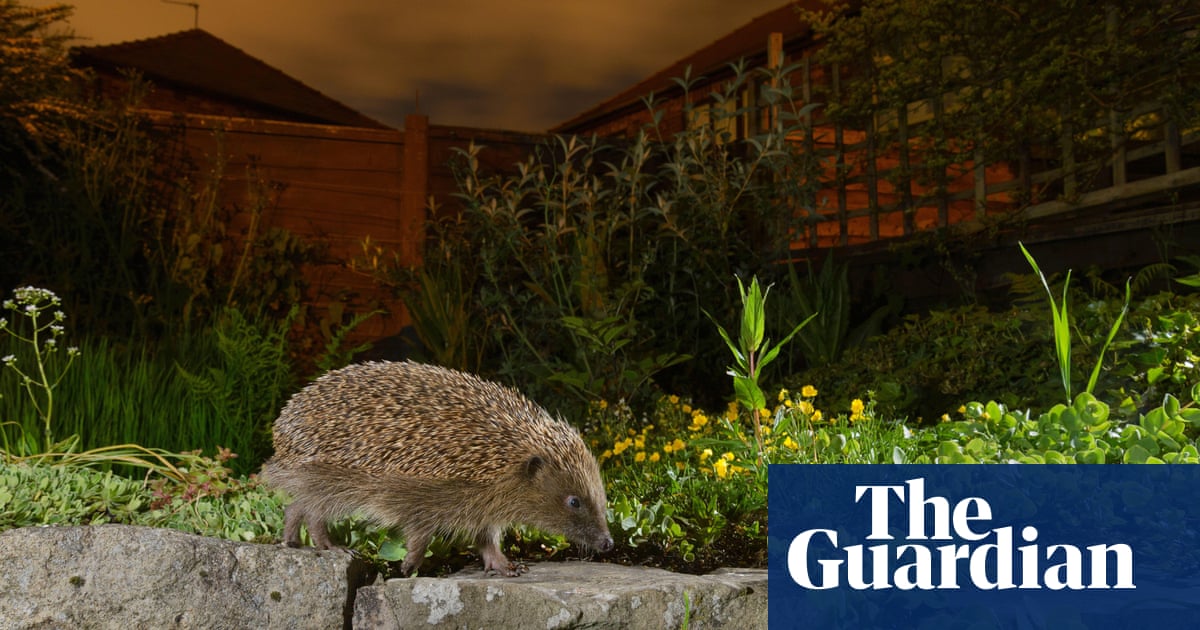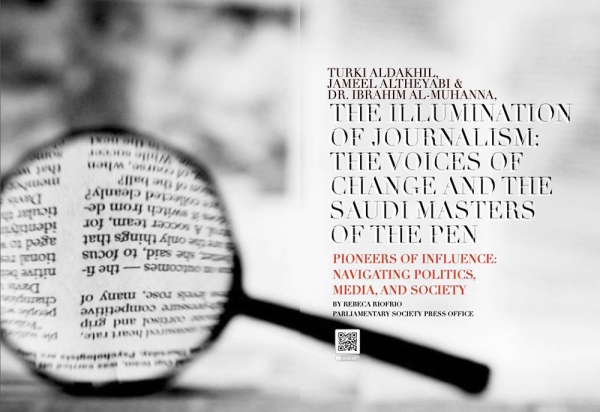
“No one has understood how deeply rooted in music I am because they got distracted by my tits,” Dana Gillespie complains.
Now 72, the singer and songwriter’s curvaceous figure ensured she regularly appeared in both tabloids and films from the 1960s to 80s but, she says, this was a mere sideline: music was always her mission in life, it’s just that the British refuse to take her seriously. In Austria and Germany – where she has enjoyed hit singles and hosted a long-running radio show – they do. Ditto in India, where she records devotional music with leading Indian musicians. But in Britain she is too often been relegated to “lover of” status for her string of flings with the likes of Bob Dylan, David Bowie, Mick Jagger and Michael Caine. “I’m Britain’s best-kept secret,” says Gillespie, and she may well be correct.
I meet her in London, at her South Kensington home, where Gillespie has the hip-replacement blues. “I was supposed to go in for the operation in early August, then my doctor got pinged, so he has to self-isolate,” she says. “Thus I’m stuck at home in agony. Bloody annoying.” Her new album, Deep Pockets, consists of 12 songs Gillespie wrote over lockdown, and its final track, Putting My Dreams On Hold, is now more appropriate than she originally envisioned. This is, Gillespie announces, her 72nd album, and says such proclivity is due to never having married or had children.
Richenda Antoinette de Winterstein Gillespie was born into the aristocracy. Her father was a radiologist descended from the Austrian nobility; her mother from a family of long-established Norfolk landowners. These liberal parents allowed young Dana – as she has always been known – remarkable freedom to find her own way. She was the British junior waterskiing champion in 1962 but, upon being taken to Soho’s Marquee Club later that year, glimpsed her future.
“It was just so bloody exciting,” says Gillespie. “Everyone was attempting to play the blues back then.” At the Marquee on 6 November 1964, she witnessed Davie Jones and the Manish Boys attempting to play them – their music made little impact on her, although the singer’s androgynous appearance did. After the set finished he approached Gillespie and requested she take him home. “Of course, I said yes.” The next morning, in her school uniform, she introduced her startled parents to the singer, who would soon be trading as David Bowie. He was 17, she 15, and their relationship, as friends and lovers, would last for a decade.
Not that Bowie and Gillespie were ever a couple and, when Bob Dylan landed in London in April 1965, Gillespie attended his press conference at the Savoy hotel. Dylan showed greater interest in her than the UK press and invited Dana to join him back in his hotel room (and subsequently accompany him on tour: she even makes a brief appearance in Don’t Look Back, DA Pennebaker’s documentary feature of Dylan’s British sojourn).
Around this time Gillespie signed to Pye Records, releasing her first singles. They flopped but won her appearances on TV’s Ready Steady Go! and tabloid attention. She released her debut album, Foolish Things, in 1968, and a follow-up, Box of Surprises, the next year. Both albums are of their time – psych-folk is a fitting description – not that her new label Decca appeared to have any idea of how to promote her.
To stay afloat she acted and sang sessions with Reg Dwight (pre-Elton John), performed in folk clubs, bars (including a strip club, where she kept her clothes on) and West End musicals. Bowie wrote Andy Warhol for her and she sang backing vocals on his Ziggy Stardust album and he, finally famous, insisted his new manager, Tony Defries, sign Gillespie to his MainMan organisation. Bowie and guitarist Mick Ronson produced Gillespie’s 1973 album, Weren’t Born a Man, featuring her singing Andy Warhol – but the stardust he sprinkled on Lou Reed and Mott the Hoople didn’t land, and her next album, 1974’s Aint Gonna Play No Second Fiddle, also flopped. When Bowie split from Defries, it left Gillespie stuck in contractual hell, unable to record for anyone for the rest of the decade. The work she recorded for MainMan has been rereleased by Cherry Red.
“Defries always said: ‘You have to travel through life first class.’ And so I experienced absolute luxury for a few years. Then, when MainMan’s money ran out, I found myself trapped. That was awful.”
She continued to write songs but was forced to concentrate on acting, appearing in everything from The People That Time Forgot to Nicolas Roeg’s Bad Timing. Inevitably, she either wore skimpy costumes or nothing at all. “I was never serious about acting,” says Gillespie. “I’m a far better singer than actor.” That said, Peter Hall cast her as Juno in a National Theatre production of The Tempest in 1974.
In the 1980s and finally free to record again, Gillespie approached Ted Carroll of Ace Records to record an album of double entendre blues standards; 1984’s Blue Job – Gillespie chose the album’s title and songs – demonstrated her deep, expressive voice and ensured she would enjoy a new career as a bawdy blues queen.
“Blues is the mother of all musics,” says Gillespie. “Back when I was 17, I couldn’t have sung songs like Big Ten Inch – that would have appeared pornographic – but in my 30s, well, I could have a good time doing so. I like a clever lyric, songs that make me smile.”
Sex has always been a core part of Gillespie’s persona and her recent autobiography, Weren’t Born a Man, enthusiastically details how she enjoyed getting “horizontal” with many men (and the occasional woman). As well as Bowie, Dylan, Jagger and Caine, her lovers included Jimmy Page, Keith Moon and Sean Connery. She insists she was a “good-time girl” and always treated as an equal, although I wonder if she now feels her older lovers’ behaviour was predatory.
“Not at all,” she replies firmly. “Nobody cared in those days how old anyone was. It was a different era and I wasn’t wild, just curious. I was never out of control – I lived with my parents until I was 30. I was on the pill and, while you heard about the clap back then, I never got it. It was a more innocent era and I was learning all the time.”
But, I reply, you slept with Roman Polanski when you were 15 and he’s now infamous as a sexual predator. “I found him sweet,” she avers. “I always liked Poles.”
What did you see in Allen Klein, the ruthless manager of the Stones and Beatles in the late 60s? “Oh, that was probably a moment of madness,” says Gillespie. “But he did have a sexy brain.”
Dylan was “smart and funny – really interesting to be around. I don’t often find Americans attractive, but he certainly was.” Page was “a gentleman at all times. He produced and played guitar on my 1968 single You Just Gotta Know My Mind and, as we shared an interest in Indian music, we went to see Ustad Vilayat Khan and Ravi Shankar in concert.” She barely registers Jagger as a lover “because Mick slept with everyone”, while Keith Moon, equally unsurprisingly, “consumed a lot of speed – which kept him up all night! He was the nicest sort of lunatic.” Hers, it seems, was a truly swinging 60s, where high times, great music and good sex flowed through almost every experience.
Her observations of Bowie are the most interesting. Reflecting on their first encounter, she admits that he was probably interested in finding a bed for the night because he didn’t want to have to hike back to Kent. He did come to like Gillespie a lot and once took her home to Bromley where his chilly parents fed them tuna sandwiches and Bowie expressed how much he hated the life they lived. “David was ferociously ambitious,” she says, “and I could see why – stuck in Kent in this awful home. It was the opposite of my parents and my life.” Once Bowie met Angela Barnett – soon to be Angie Bowie – he called Gillespie, suggesting: “I just met a woman I think you will get on with.” And so she did, with Bowie overseeing a menage à trois for several years.
When Bowie split from Angie and relocated from London to the US he also abruptly ended all contact with Gillespie. “I got a call that went: ‘You’re still friends with Angie? Bye bye.’ And that was it, I never heard from him again. Obviously, it hurt a bit but I felt more sorry for the likes of Ronno [Mick Ronson] who were devastated when Bowie dispensed with them.” She shrugs, and adds: “David could be ruthless in the way he treated people. But to me, he was always the same David Jones I first got to know, and I remember him very fondly.”
Alongside all the glamorous sex, Gillespie’s autobiography details regular instances of harassment from the age of 11, with men exposing themselves, groping and, on occasion, trying to force themselves upon her (the latter allegedly included Ahmet Ertegun, late founder of Atlantic Records). Yet she remains nonplussed about these incidents. “I wasn’t going to let it affect me. It was a bit of a nuisance but I got on with life. I have no hangups – we were pioneers, we had fun. Today everyone is so uptight and hung up on that woke bollocks. I’m so pleased I’m not young.”
Ageing is reflected in Gillespie’s songs – Funk Me, It’s Hot! is probably the only blues concerning menopause – and becoming a follower of the late Indian spiritual leader Sai Baba ensures spiritual rather than corporeal matters now primarily concern her. This has led Gillespie to record albums of Indian devotional music. Whether singing to a million Baba devotees in India or fellow travellers in countries such as Dagestan and Kyrgyzstan, Gillespie loves to sing devotionals. “I grew as a singer and a person,” she says of discovering her guru.
Back in the material world, Gillespie co-founded a blues festival on the island of Mustique which saw her mixing showbiz and aristocrat friends. Here she introduced the gangster/actor John Bindon to Princess Margaret (“rubbish” is her response to rumours of a supposed affair between the royal and the rogue). Life may be quieter today but many of her former paramours remain affectionate: Dylan invited Dana to tour as his UK support in 1997 and Jimmy Page turned up at her front door with a pair of tickets for Led Zeppelin’s 2007 reunion concert.
Retirement is not being considered. “I’m extremely busy,” she says, mentioning her YouTube channel, Globetrotting With Gillespie, and a forthcoming Vietnamese tour. “A chap from Universal was just around as they are gathering my first two albums and all the songs I demoed for Immediate Records into a box set. A new hip, and then I’ll get on with life.”












